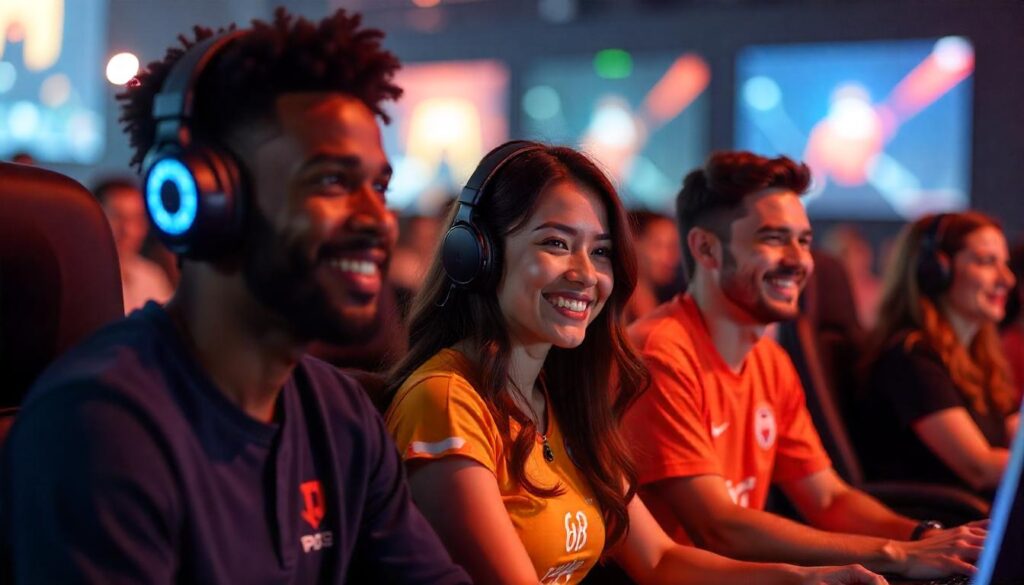Introduction
In the digital age, the world of entertainment has evolved dramatically, giving rise to new forms of media and celebrities. One of the most dynamic and rapidly growing segments in this space is gaming influencers—content creators who build massive online followings by playing, reviewing, and discussing video games. With platforms like YouTube, Twitch, and TikTok becoming mainstream sources of entertainment, gaming influencers have established themselves as powerful voices that shape trends, market products, and drive the global gaming community forward.
Who Are Gaming Influencers?

Gaming influencers are individuals who produce content centered around video games. They may stream their gameplay live, create pre-recorded walkthroughs, offer reviews, or engage with fans through commentary and challenges. These creators range from casual players with a passion for gaming to professional esports athletes with high-level competitive skills.
Unlike traditional celebrities, gaming influencers often build their followings through consistent engagement and community building. This close relationship with their audiences creates a high level of trust, making their opinions extremely valuable—especially for game developers, publishers, and brands looking to reach younger, tech-savvy audiences.
Platforms of Influence

The success of gaming influencers is tightly connected to the platforms they use:
- YouTube remains a leading hub for game reviews, tutorials, and long-form content.
- Twitch focuses on live streaming and has become synonymous with real-time gameplay and chat interaction.
- TikTok and Instagram have introduced short-form gaming content, bringing influencers to a broader and often younger demographic.
These platforms allow influencers to monetize their content through sponsorships, donations, ad revenue, merchandise, and affiliate marketing.
Impact on the Gaming Industry

Gaming influencers now play a major role in how games are marketed and received. A single shoutout or playthrough by a popular creator can boost a game’s visibility and sales overnight. Developers often provide early access or exclusive content to top influencers to generate buzz before official launches.
Moreover, these creators offer real-time feedback that developers can use to improve their games. The influencer-gamer relationship is often viewed as more authentic than traditional advertising, leading many companies to prioritize influencer partnerships in their marketing strategies.
Challenges Faced by Gaming Influencers
Despite their popularity, gaming influencers face several challenges. The pressure to consistently create fresh and engaging content can lead to burnout. Additionally, the rapidly changing algorithms of social media platforms can affect their visibility and income. There is also the risk of controversy or backlash from their communities, as the digital space can be both highly supportive and unforgiving.
Furthermore, as gaming influencers gain more influence, they must balance authenticity with commercial interests—especially when collaborating with brands or endorsing products.
Conclusion
Gaming influencers are more than just gamers—they are entertainers, trendsetters, marketers, and community leaders. They’ve transformed how video games are experienced and perceived, playing a crucial role in shaping the future of digital entertainment. As gaming continues to grow as a global industry, the influence of these digital creators will only become more prominent. Understanding and appreciating the world of gaming influencers is essential not just for fans, but for anyone interested in the future of media, marketing, and technology.


